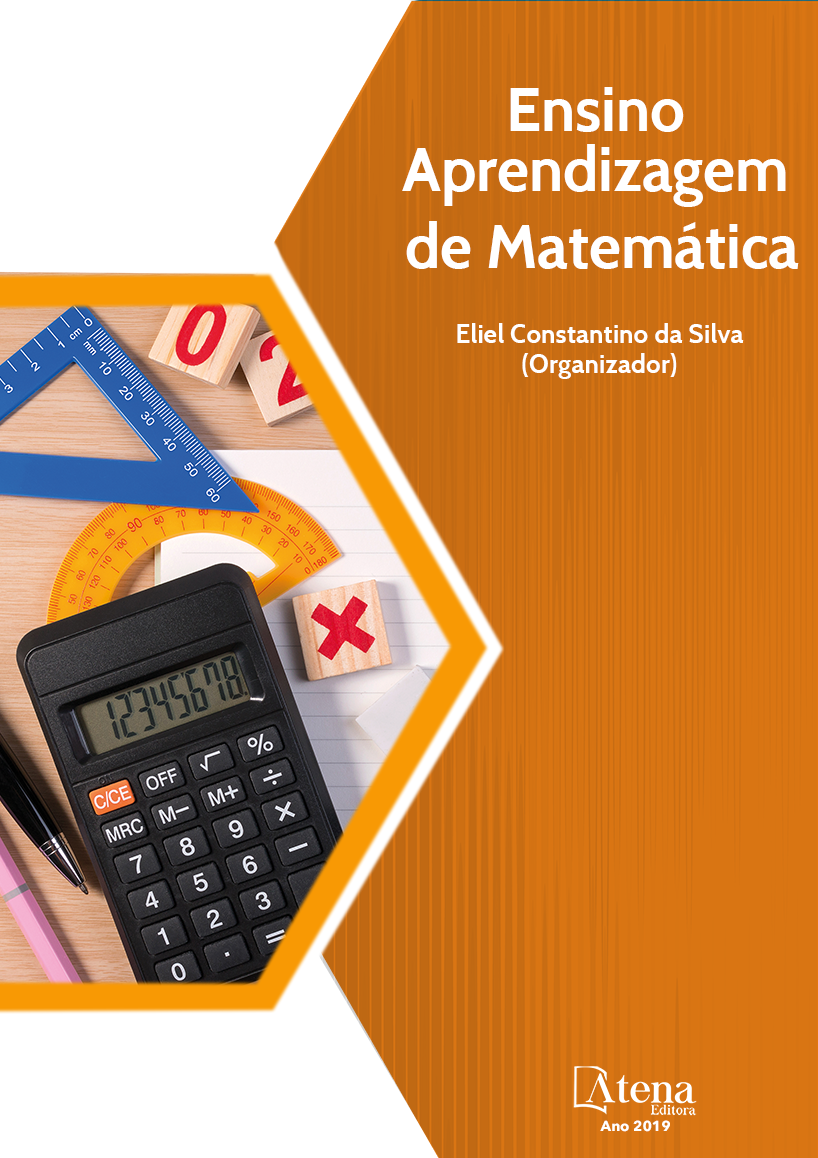
AUSÊNCIA DE PENSAMENTO MATEMÁTICO E ARGUMENTO DEDUTIVO NA EDUCAÇÃO MATEMÁTICA: RESULTADOS DE UMA PESQUISA
É sabido que prova e demonstração
são o coração do pensamento matemático e do
argumento dedutivo. Desse modo, as habilidades
de provar e demonstrar em Matemática são
tão importantes para o desenvolvimento
matemático quanto para a formação do cidadão
crítico. Nosso capítulo refere-se ao recorte da
uma pesquisa de mestrado vinculada ao Projeto
OBEDUC em rede UFMS/UEPB/UFAL Núcleo
UEPB. Objetivamos investigar tipo de provas
e demonstrações matemáticas e nível do
pensamento geométrico de alunos do 2º Ano do
Ensino Médio, de uma escola pública da cidade
de Areia, estado da Paraíba, podem ocorrer a
partir de uma proposta didática nos ambientes
lápis e papel e aplicativo GeoGebra. Apoiamonos em Balacheff (2000) e Nasser e Tinoco (2003)
para investigar as provas e demonstrações matemáticas, e em Parzysz (2006) para os
níveis do pensamento geométrico. Do estudo
de caso com um trio de alunos observamos
que o trio possui conhecimento superficial dos
assuntos nas atividades analisadas e não são
incentivados a argumentar, justificar e provar
suas ideias e teoremas matemáticos. Quanto
aos tipos de provas, o trio utilizou Empirismo
Ingênuo, Justificativa Pragmática e Justificativa
Gráfica. Quanto aos níveis do pensamento
geométrico, o trio se encontra nos dois níveis
da Geometria não-axiomática, isto é, Geometria
Concreta e Geometria Spatio-Graphique. O
todo concluído nos faz afirmar a ausência do
pensamento e argumentação matemáticos no
ensino da Matemática escolar, o que nos faz
apontar a urgente necessidade de mudança
e reformulação em nossas práticas enquanto
professores de Matemática da educação básica
AUSÊNCIA DE PENSAMENTO MATEMÁTICO E ARGUMENTO DEDUTIVO NA EDUCAÇÃO MATEMÁTICA: RESULTADOS DE UMA PESQUISA
-
DOI: 10.22533/at.ed.45719200811
-
Palavras-chave: Observatório da Educação, Educação Matemática, Provas e Demonstrações Matemáticas, Pensamento Geométrico, GeoGebra
-
Keywords: Observatory of Education, Mathematics Education, Mathematical Proofs and Demonstrations, Geometrical Thinking, GeoGebra
-
Abstract:
t is known that proof and
demonstration are the heart of the mathematical
thinking and of the deductive argument. In this
way, the abilities of proofing and demonstrating in Mathematics are as important for the mathematical development as for the critical
citizen education. Our chapter refers to part of a master research work linked to the
network OBEDUC project UFMS/UEPB/UFAL Center UEPB. We aimed to investigate
the type of mathematical proofs and demonstrations and the level of geometrical thinking
of second year high school students, from a public school in the city of Areia, state of
Paraíba, can happen from a didactical propose on pencil and paper environment and
software GeoGebra. We based on Balacheff (2000) and Nasser and Tinoco (2003) for
investigating the mathematical proofs and demonstrations, and on Parzysz (2006) for
the levels of geometrical thinking. From the three students case study we observed
that the three have a superficial knowledge of the subjects in the analyzed activities
and they are not encouraged to argue, to justify and to prove their mathematical ideas
and theorems. According to the type of proofs, the three students used Ingenuous
Empiricism, Pragmatic Justification and Graphic Justification. According to the
geometrical thinking levels, the three students are on the two levels of non-axiomatic
Geometry, i.e., Concrete Geometry and Spatio-Graphique Geometry. The whole
conclusion make us to state the lack of mathematical thinking and argumentation in the
school Mathematics teaching, which make us to point out the urgent need of changing
and reformulating our teaching practices as school Mathematics teachers
-
Número de páginas: 15
- Abigail Fregni Lins
- Patricia Sandalo Pereira
- Marcella Luanna da Silva Lima


